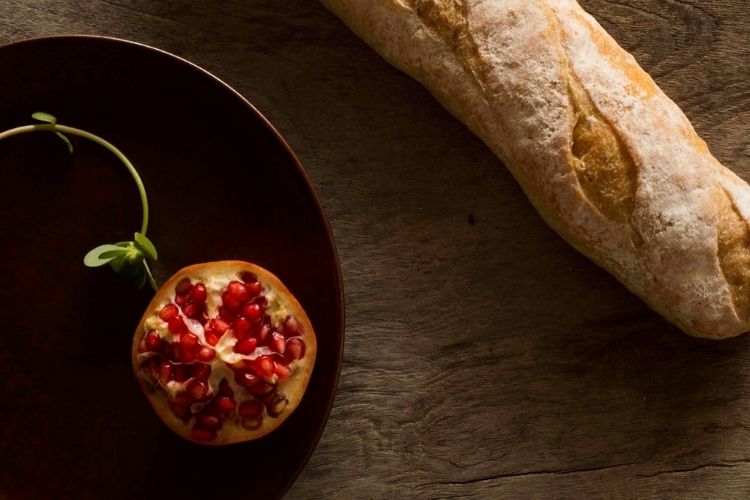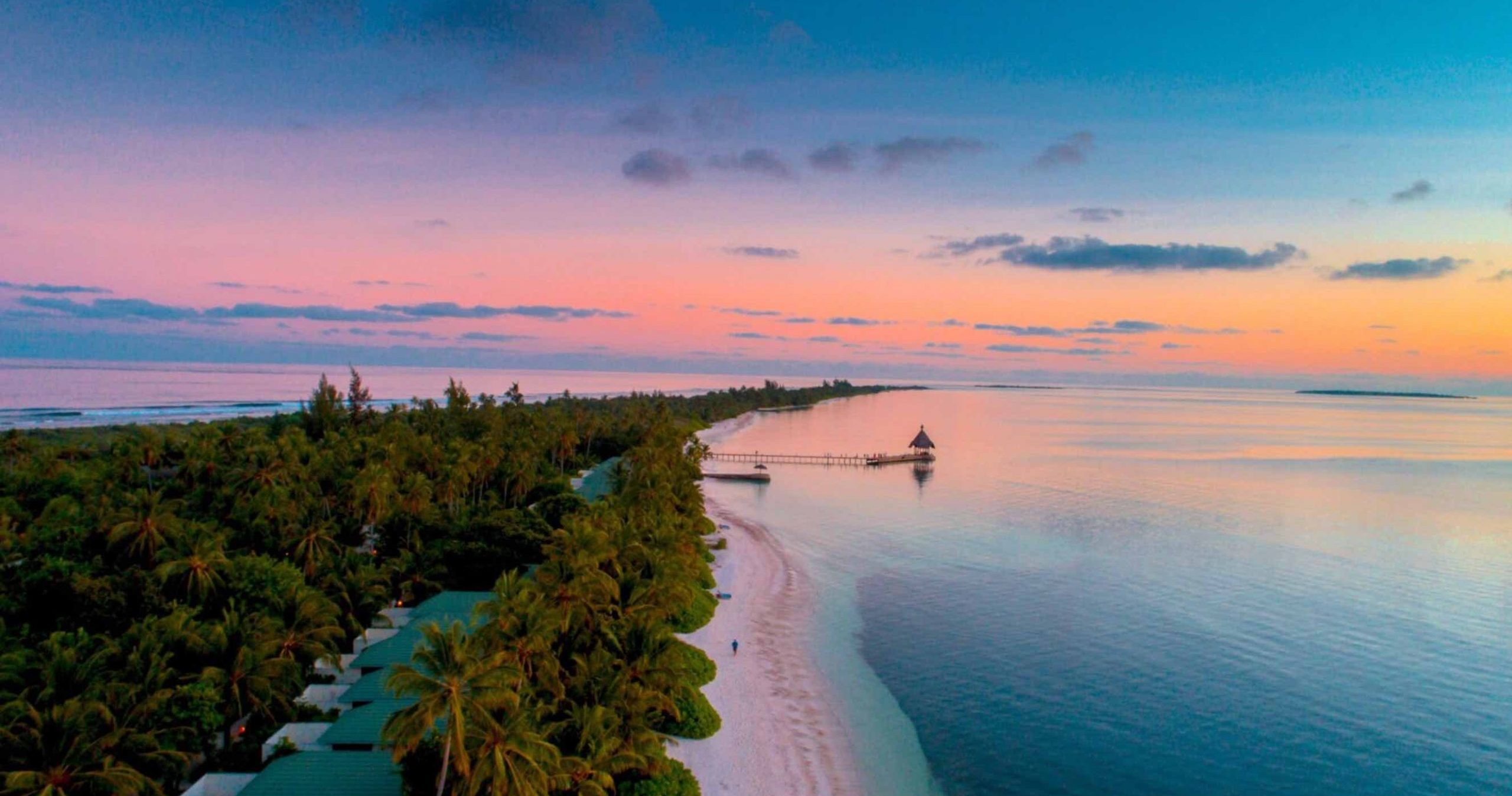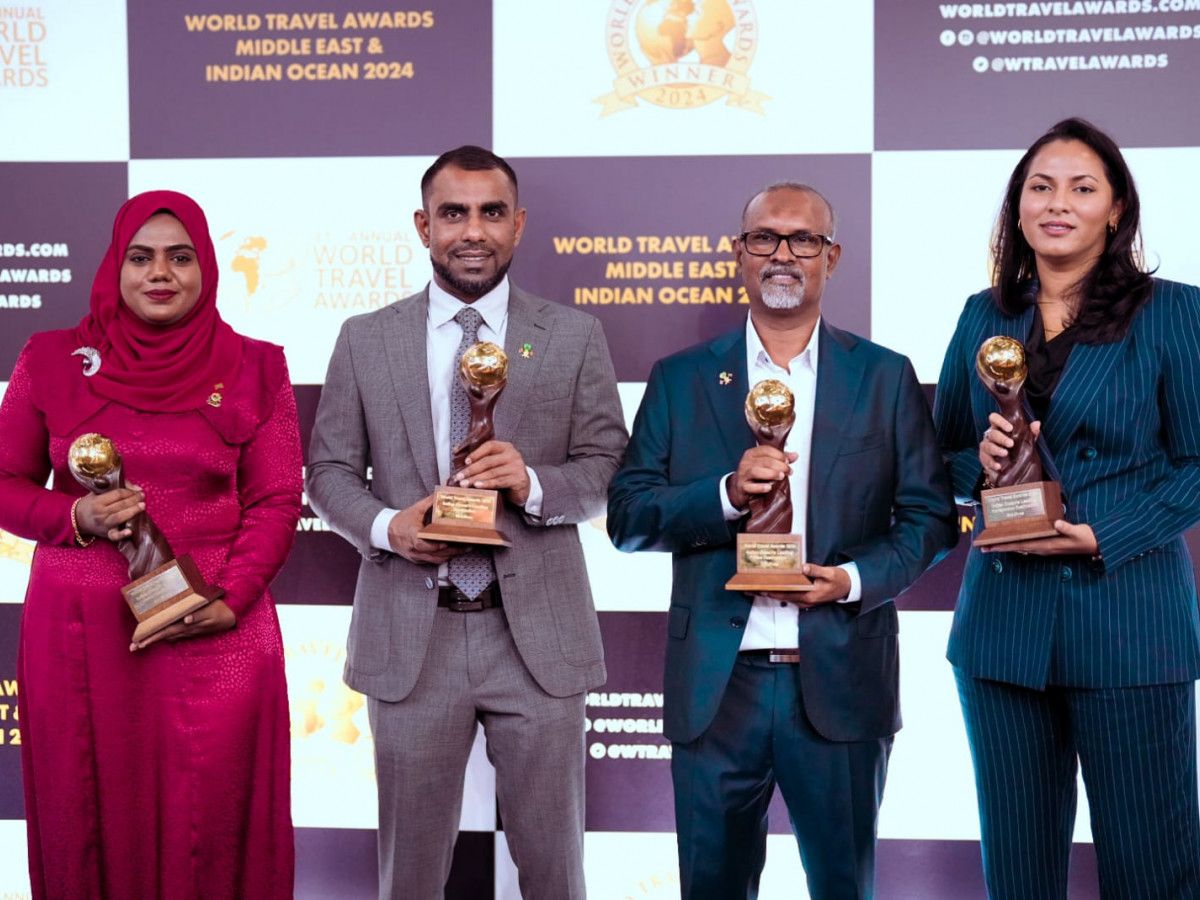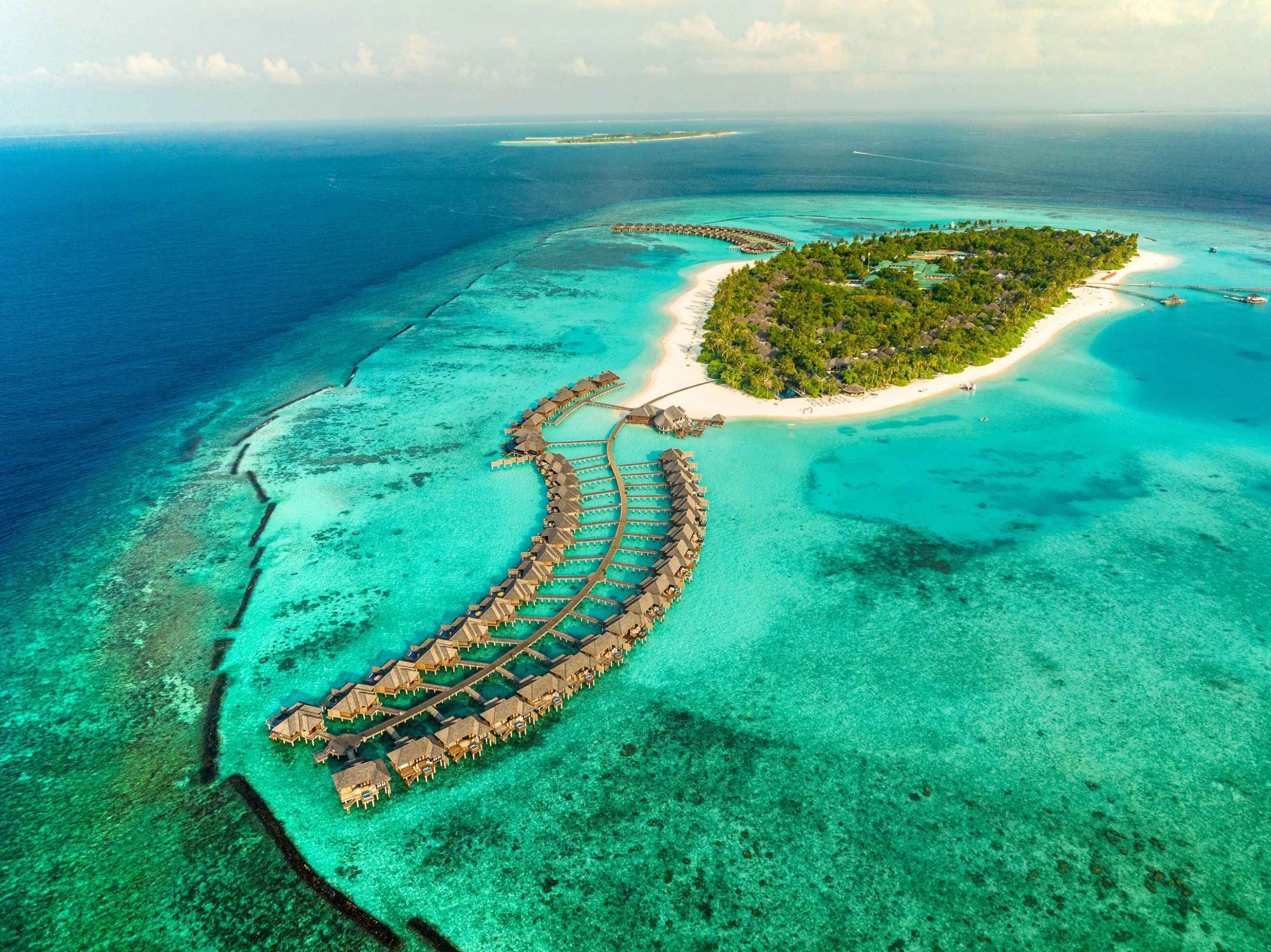Resorts in the Maldives celebrated World Food Day on 16th October 2020. The international day marks the founding date of the United Nations Food and Agriculture Organization in 1945. We have picked posts on social media to show you how 3 resorts in the Maldives are celebrating World Food Day.
But wait! before we dive into that, here’s 3 quick facts about Maldivian food:
- Maldivian cuisine (or Dhivehi cuisine) is based mainly on three ingredients; coconut, fish, and starches
- CNN included the Maldivian curry (Mas Riha) among the “Delicious curry dishes from around the world“
- Maldivian cuisine is a mix of Arabic, Indian, Sri Lankan, and also oriental influences
Gili Lankanfushi
Gili Lankanfushi celebrated World Food Day by “being kind and nourishing the body with fresh food”. The resort said in a Facebook post that food safety is everyone’s business and it is a shared responsibility between governments, producers, and consumers. Furthermore, Gili Lankanfushi emphasized everybody has a vital role to play from farm to table; to ensure the food we consume is safe and will not cause damages to our health.
Six Senses Laamu
Six Senses Laamu posted a photo of Baithul; the resort’s very own ‘food hero’. Baithul been with the since its opening 9 years ago. And according to the resort, the gardening genius helps provide sustainable and nourishing food for the resort’s hosts and guests. Likewise, Baithul is responsible for the relationship the Six Senses Laamu’s culinary team and the gardening team has.
Meeru Island Resort & Spa
The Meeru family celebrated World Food Day by focusing on the sustainable food choices made on the island. The homegrown fruits and vegetables at Meeru Island Resort & Spa are produced without any chemicals or pesticides. In addition to that, the resort opts for locally sourced tuna. The resort said that they hope to do the best they can for the environment while making it more safe and healthy for guests and team members.
How did you celebrate World Food Day? In case you didn’t know, this year’s theme for the day is “Grow, Nourish, Sustain. Together”.







